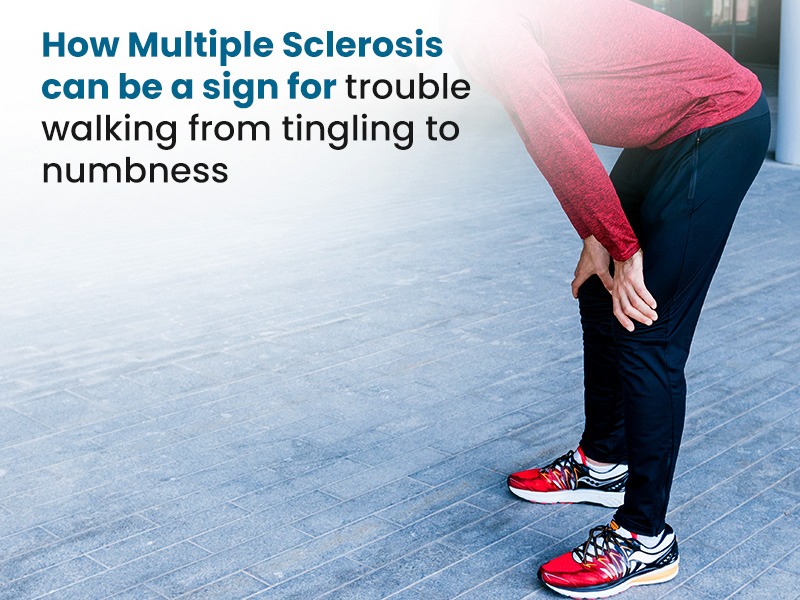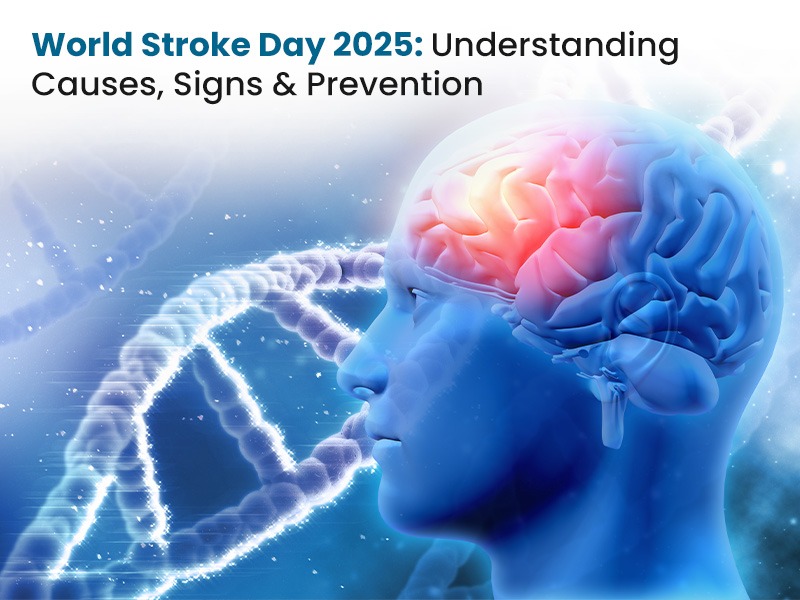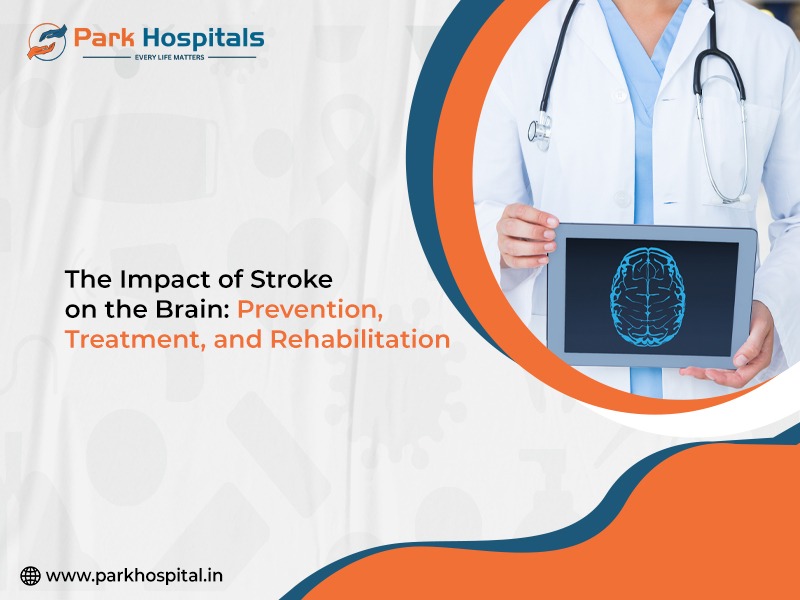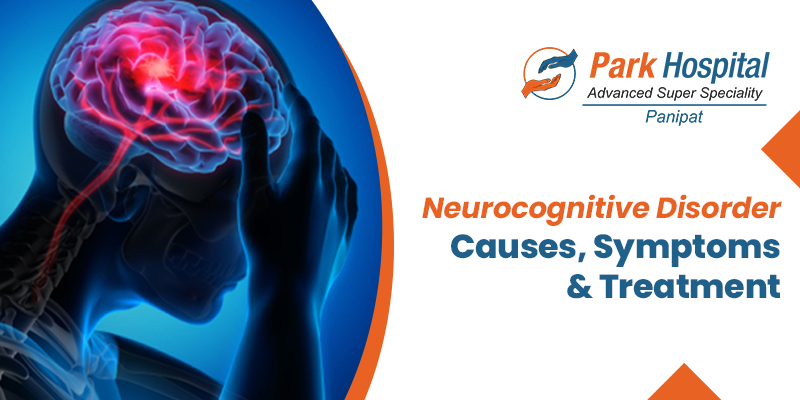An individual learns to walk when they are hardly between 10 to 18 months. Many of us take this ability for granted until we start facing some issues. Some still ignore it, while others go for physiotherapy treatment as one of the options.
Walking may seem like a simple, automatic action, but it relies on complex communication between the brain, spinal cord and muscles. When walking becomes difficult, it can be a sign of something not working in the body as they are supposed to be.
Have you ever experienced a tingling sensation in your feet, like a pins-and-needles one that doesn't go away? Or just noticing yourself tripping more than your clumsy self anticipated? It may also indicate some neurological conditions, such as Multiple Sclerosis (MS).
Let's learn more about this condition in this article.
What is Multiple Sclerosis?
Multiple Sclerosis is a condition where the immune system attacks the protective covering of nerves, known as the myelin sheath. This damage affects the flow of information between the brain and the rest of the body. MS is unpredictable and varies widely from person to person. The neurologist in Karnal states that for some, symptoms may come and go, while others may experience a gradual decline.
It is usually diagnosed between the ages of 20 and 40, where the major patients are women. The exact cause is under research, but we may pinpoint genetics and the environment around us as the risk factors. There is no cure, but symptoms can be managed effectively with early diagnosis and the right treatment plan.
Early Signs
An individual with early MS notices something is not right by experiencing tingling. It may feel like pins and needles in the feet, legs, arms or face. This sensation is caused by a disruption in nerve signals due to the damage MS causes to the central nervous system. While tingling can happen for many harmless reasons, such as sitting in one position for too long, MS tends to be more persistent and may not go away quickly.
Numbness may follow. This can make the skin feel strange or lead to a partial or complete loss of feeling in the affected area. When it occurs in the legs or feet, it can impact how someone walks, how well they balance, and whether they are able to notice small injuries. People with MS often report a feeling of heaviness in their limbs or a lack of awareness of foot placement, which can increase the risk of tripping or falling.
How MS Affects Walking
Walking involves coordination between muscles, joints, nerves and the brain. In MS, this chain of communication is interrupted. As a result, several problems can develop, such as asking the individual to look out for a physical therapy hospital. Some of the issues may include:
1. Muscle Weakness
Leg and foot muscles may become weak due to reduced nerve input. This can cause dragging of the foot or difficulty lifting it properly, known as foot drop. Foot drop makes it hard to clear the ground when walking, which can lead to frequent stumbling.
2. Spasticity
MS may also cause stiffness in the muscles, particularly in the legs. This can lead to tightness or spasms, which limit smooth and natural movement. Spasticity can be painful and may make it hard to bend or stretch the legs.
3. Poor Balance
Damage to areas of the brain responsible for balance can make walking unsteady. People with MS may find it hard to stand on one leg, turn quickly or walk in a straight line without support.
4. Fatigue
One of the most common and disabling symptoms of MS is fatigue. It is more than simple tiredness and often worsens with activity. Even short walks can feel exhausting, which in turn affects posture, pace and coordination.
When to Seek Medical Advice
If tingling or numbness is affecting your ability to walk, stand or feel steady on your feet, it is worth speaking to a doctor like a neurologist in Karnal. While these symptoms can have many causes, it is important to rule out conditions like MS early. A neurologist may carry out a range of tests, including a physical examination, MRI scans and lumbar puncture, to assess whether MS is present.
Early diagnosis is key, as starting treatment sooner can help manage symptoms and slow the progression of the disease. Medications known as disease-modifying therapies (DMTs) are available and can reduce the number of relapses or flare-ups a person experiences.
Adapting to Walking Difficulties
For those living with MS, walking challenges can be managed with the right mix of care and support. Physiotherapy can help maintain muscle strength and improve coordination. A physiotherapist may also suggest stretching exercises to reduce stiffness and techniques to improve balance.
In some cases, mobility aids such as walking sticks, ankle-foot braces or rollators may be recommended. These tools offer stability and help people move more confidently. Occupational therapists can also advise on changes to the home to make moving around safer and easier.
Fatigue management is another important part of care. Planning tasks, taking regular breaks and knowing how to pace daily activities can conserve energy and reduce the strain on the body.
Emotional and Mental Impact
Changes in mobility can also affect emotional well-being. People with MS often face frustration, anxiety or low mood when they begin to notice physical limitations. It can feel isolating to adjust to a body that does not respond in the way it used to.
Support from family, friends and professionals plays a significant role in managing this aspect of the condition. Counselling, support groups and mental health services can offer space to talk and find coping strategies. Connecting with others who have similar experiences often helps ease the emotional weight and brings a sense of understanding.
Looking Ahead
Living with MS does not mean giving up on an active life. With the right approach, many people continue to work, exercise, travel and enjoy time with their families. While trouble walking may be one of the more visible signs of the condition, it is also one of the symptoms that can be addressed through early care, practical tools and emotional support.
Paying attention to early signs like tingling and numbness is an essential first step. These small changes often speak volumes about what is happening beneath the surface. By acting early, it is possible to protect mobility, preserve independence and make informed choices about the future.
Also Read: Top Neurological Conditions Treated by Neurologists















